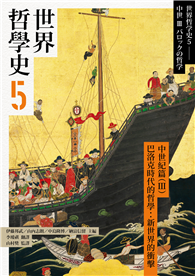Tourism has been considered a vector of economic development capable of generating foreign exchange and jobs, mobilising financial and human resources and changing the socio-economic infrastructure. This leads countries, regions and localities to invest in tourism as a way of boosting the local economy, which in turn can change the quality of life of the local population. In this sense, regional development is analysed from the perspective of tourism and quality of life. To this end, the text considers concepts such as development on a human scale, situated tourism and human freedoms in order to discuss their importance in the current debate on regional development and their implications for the material and immaterial living conditions of people living in tourist towns. This research aims to understand the actions of the agents involved in tourism and regional development in Cabaceiras and their relationship with the quality of life of the local population.
| FindBook |
|
有 1 項符合
de Lima Leite的圖書 |
 |
$ 3245 | Tourism and quality of life in Cariri Paraibano
作者:de Lima Leite 出版社:Our Knowledge Publishing 出版日期:2023-11-14 語言:英文 規格:平裝 / 80頁 / 22.86 x 15.24 x 0.48 cm / 普通級/ 初版  看圖書介紹 看圖書介紹
|
|
|
圖書介紹 - 資料來源:博客來 評分:
圖書名稱:Tourism and quality of life in Cariri Paraibano
|











